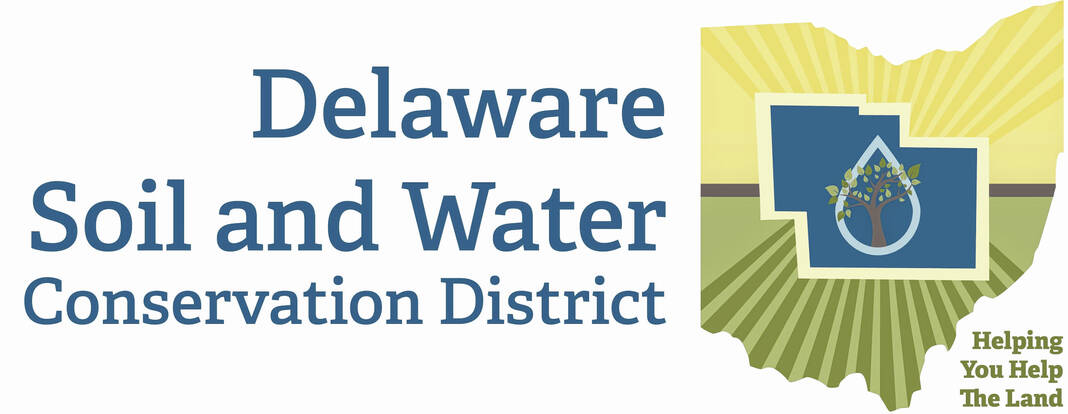
The days are getting shorter, the nights are getting cooler, and soon the leaves will start to turn into a sea of beautiful reds, oranges and yellows. With all the beauty of autumn, we can also expect the annual battle of having an abundance of fallen leaves, and figuring out what to do with them.
Having a light leaf cover on your lawn is not a bad thing and actually benefits wildlife over the winter by providing insects and pollinators a place to live and hibernate. If light leaf cover annoys you, it can be easily fixed by mowing the leaves into dime-sized pieces. The mowed leaf pieces fall between the blades of grass onto the soil where they’re broken down further by microbes and eventually becomes organic matter. The organic matter adds nutrients to the soil for your grass to soak up and grow stronger.
Lawn and leaf issues can arise when a light leaf cover turns into a heavier leaf blanket. Too many leaves can cause water to pool in undesirable areas on the lawn ultimately leading to drainage issues. Leaves also block out light to any plants or grasses living underneath which will ultimately kill the grass and leave bare spots in the yard. Some things to do if you have a large number of leaves is to add them to your compost pile as they are a great source of carbon, (“browns” in compost terms) or you can turn them into mulch. The mulch is a great protective covering in vegetable and flower garden beds, creating the perfect insulating cover for overwintering plants. This helps keep the soil moist, at a moderate temperature and prevents soil erosion, all while helping to control future weed growth.
Leaves should be kept out of ditches and away from storm drains. Clogged ditches and drains cause rain and storm water to back up in undesirable areas, like across roadways and in yards. It’s important to remember that storm drains lead directly to local bodies of water and that leaves should be kept out of them. If leaves get into the water, they feed the algae blooms that cause so many issues to the water quality and aquatic life.
Whatever you decide to do with your fallen leaves, it is very important to remember that they should never be burned or sent to a landfill as both of these are very harmful to the environment. Burnt leaves release irritating particles into the atmosphere that pose health and allergy risks for many and can be dangerous if not done under the proper conditions. Instead of sending bagged leaves to a landfill where they produce harmful methane gas; consider dropping them off at a local compost or recycling site.
As the weather cools, fall is a great time of year to spend some extra time on your lawn care. For more information on how to handle your fall leaves properly, contact the Delaware Soil and Water Conservation District. Please visit our website at SoilAndWater.co.delaware.oh.us or call us at 740-368-1921.


